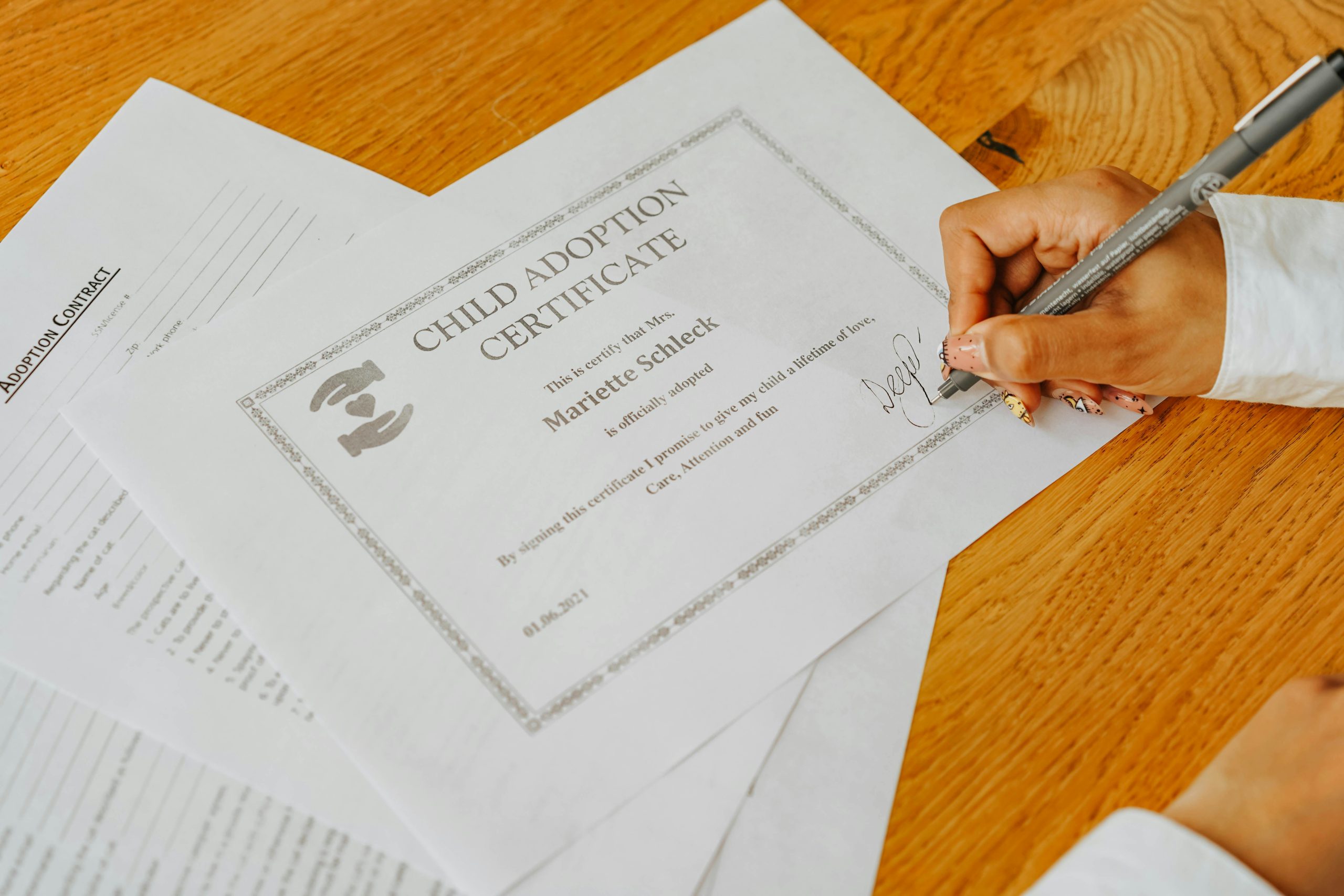The Importance of Fostering a Welcoming Online Community
In our ever-evolving online world, it’s essential to cultivate a space where everyone feels welcomed and encouraged to engage. So, I find myself pondering: could we extend a bit more kindness to those who take the time to participate in our forums?
Although there might not be explicit guidelines addressing this topic, I hope you’ll indulge this reflection. Many of us are industry veterans who may feel like we’ve encountered the same inquiries countless times. Yet, for those posing these questions, the answers remain elusive, and their intention is to seek valuable insights and advice.
Reacting negatively or dismissing these contributions with downvotes can inadvertently stifle interaction and deter new members from joining our community. Such actions risk diminishing the vibrancy and diversity of our group. By embracing patience and providing thoughtful responses, we can ensure a thriving, inclusive environment where knowledge-sharing flourishes.




Absolutely, fostering a positive and supportive environment is crucial for any community, both online and offline. It’s important to remember that every participant, regardless of their level of expertise, brings value to the community by offering fresh perspectives and questioning that challenges seasoned members to think differently.
Firstly, consider the impact of your interactions. When you see a question that’s been asked multiple times, rather than focusing on its frequency, think of it as an opportunity to create a welcoming space where newcomers feel encouraged to participate and learn. This can lead to a more vibrant and diverse community, fostering a culture of continuous learning and collaboration.
Here are a few practical ways we can collectively work to be kinder and more supportive to posters:
Provide Constructive Feedback: If you find that a question has been asked many times, instead of downvoting or dismissing it, offer a constructive response. Direct the poster to existing resources or previous discussions where they can find the information they are looking for. This not only helps them find their answers but also educates them on navigating community resources effectively.
Encourage Engagement: After directing them to resources, engage with them by asking follow-up questions or pointing out interesting insights from the resources you shared. This not only helps them feel part of the community but also turns the interaction into a learning opportunity for both the poster and readers alike.
Create a FAQs or Resource Page: A central repository of frequently asked questions and answers could serve as an excellent resource for new members. Suggest starting a thread or a pinned post that compiles these common questions with comprehensive answers. This allows newcomers to quickly find answers and reduces repetition in queries.
Practice Empathy and Patience: Every expert was once a beginner. Remembering that can foster empathy and patience. Take a moment to consider how your words might be received and aim to respond in a way that builds confidence rather than diminishes it.
Celebrate Diversity of Thought: Recognize that repeated questions may actually demonstrate a particular area where further clarification or updated information is needed. Use these as insights to improve community guidelines or discussions, ensuring they evolve to meet the needs of all users.
Establish Community Guidelines: If your community hasn’t already, consider developing community guidelines that emphasize courteous behavior, constructive feedback, and inclusivity. These guidelines can provide a benchmark for interactions, making it clear that respectful dialogue is a community cornerstone.
Ultimately, the way we interact